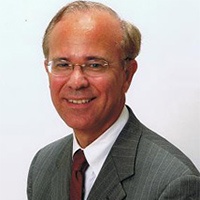Converse Estate Planning Lawyer, Texas
Sponsored Law Firm
-
 x
x

Click For More Info:
-
John F Jack Whitworth Attorney at Law / CPA
13409 NW Military Hwy. Ste 204 San Antonio, TX 78231» view mapEstate Law Commitment To Respect & Trust
Jack practices primarily in the area of estate planning and probate and strives to develop long-term professional relationships with his clientele of mutual respect & trust.
800-939-8160
Includes: Gift Taxation
James M. Bell
✓ VERIFIEDJames Michael Bell, Sr. was born, a long time ago, far out on the windy, hot, dusty, sometimes cold (but always windy), flat, sun-blasted plains of We... (more)
Jon Disrud
✓ VERIFIEDI am a Board Certified Family attorney who practices in the San Antonio, Texas and surrounding counties. I have a great deal of experience regarding ... (more)
Ryan C. Moe
The Law Office of Ryan C. Moe PLLC is a skilled and knowledgeable San Antonio firm, providing guidance and direction you need. Attorney Ryan C. Moe fo... (more)
Geoffery Ray Mayfield
Attorney Geoffery Mayfield founded Geoff Mayfield, Attorney at Law in 2005. He practices in the areas of Estate Planning, Wills & Probate, Real Estate... (more)
Patrick C. Bernal
FREE CONSULTATION
CONTACTFREE CONSULTATION
CONTACT John Whitworth San Antonio, TX
John Whitworth San Antonio, TX Practice AreasExpertise
Practice AreasExpertise




